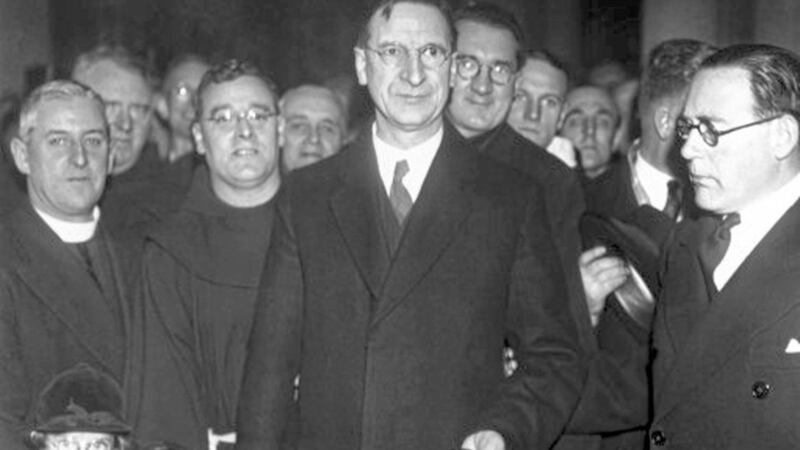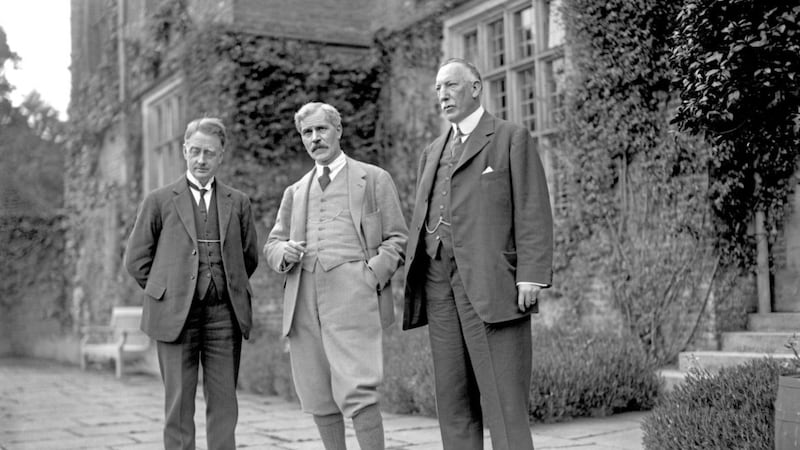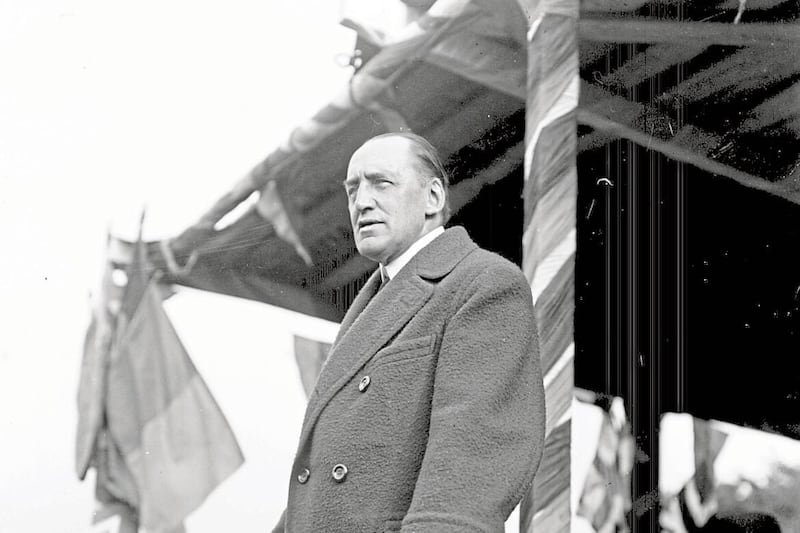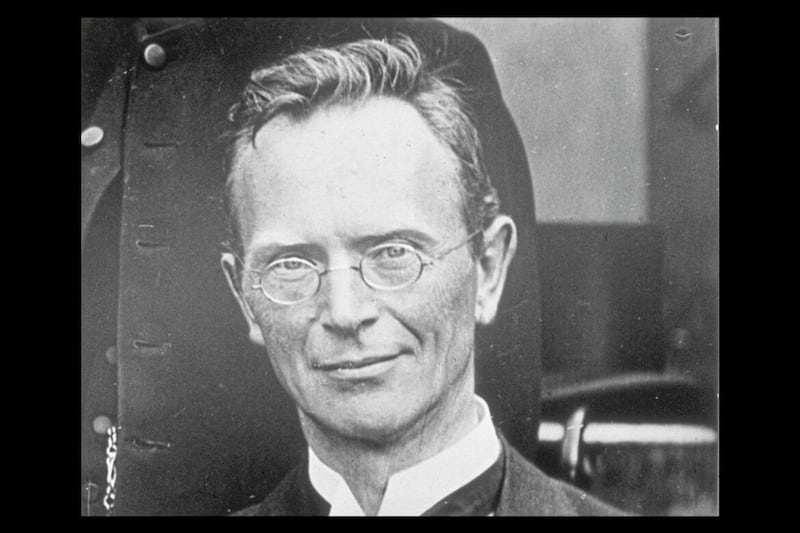It is a common oversight in Irish popular history to forget that partition created two states rather than one.
This is illustrated by the fact that while Dublin government representatives believe it is important “to mark the centenary of the partition and the formation of Northern Ireland”, they do not appear to be planning a similar event to mark the southern state’s creation.
Although they have arranged ceremonies to commemorate selected events, they have not collated them into the same celebratory jamboree as the Northern Ireland Office.
So if we are going to “mark” (whatever that means) partition’s centenary, we might reasonably expect that it should be on an all-Ireland basis. After all, it affected the whole country.
So how should Ireland remember the past century? It might be best to identify what we learned because, if we learned nothing, then we will repeat our mistakes for another century. Sadly, we appear to be headed in that direction.
Partition was unnecessary, but policies and events in the immediate post-partition era gave it an unexpected relevance, as the two new states lived out their sectarian fantasies. The north practised blanket discrimination against Catholics and the south effectively made the Catholic Church the unelected government.
The first undermined the northern state. The second helped to collapse the Church. (That’s the problem with self-interest. It tends to come back to bite you.)
For their first 30 years both states used partition, fear, ignorance and expected divine disapproval to divert from the immense human suffering inherent in their social and economic inequality.
Belfast’s unemployment reached almost 30 per cent in 1930, with 2,500 people in the city’s workhouse. The fundamentalist Belfast Board of Guardians, which administered poor relief, considered poverty a sin and unemployment as laziness.
In its Outdoor Relief, a married man with one child received 12 shillings (60 pence) weekly. In Glasgow it was 36 shillings. From 1932-38 the Antrim Road St Vincent de Paul gave out 110 meals every day.
When Protestants and Catholics united in the 1932 Outdoor Relief campaign, the Catholic Church called it communism. The RUC shot Catholic protesters and batoned the Protestants. Sectarianism kept the poor in their place.
Meanwhile in Dublin, the same levels of deprivation were also tackled by distraction. The Church, with the support of garda, government and the judiciary, campaigned against the evils of jazz (yes, jazz) with placards demanding, “Out With Paganism”.
It followed the 1935 Dancehalls Act which made it almost impossible to hold dances without the approval of the Church. God was busy on both sides of the border (which may explain why they marked partition with a church service).
Today, partition is still a diversion from both states’ social and economic inequalities. Food banks now stave off starvation not just on the Antrim Road, but across Belfast. Stormont looks the other way by holding “debates” in an assembly with no parliamentary opposition, but with a subsidised restaurant.
As if it is not their responsibility, its politicians are surprised that 17,000 children are waiting over a year to see a consultant. So they divert by arguing about the border.
In the south, housing has become effectively unaffordable for a significant section of the population. Almost one million are on hospital waiting lists and Irish banks now charge the highest EU mortgage rates. Government responds by proposing a border bridge at Narrow Water.
So an appropriate way to reflect on partition’s centenary might be for representatives from both states to say, “We used partition to distract from the needs of our people and, in many instances, we are still doing it.”
Until we hear those sentiments, the border will remain a Godsend (some believe literally) for those who govern both societies and we will have learned nothing from the past 100 years. Instead, the century-old cross-border tactic of using partition as a diversion will allow both states to continue neglecting the weak and powerless for another century. God bless the border.








